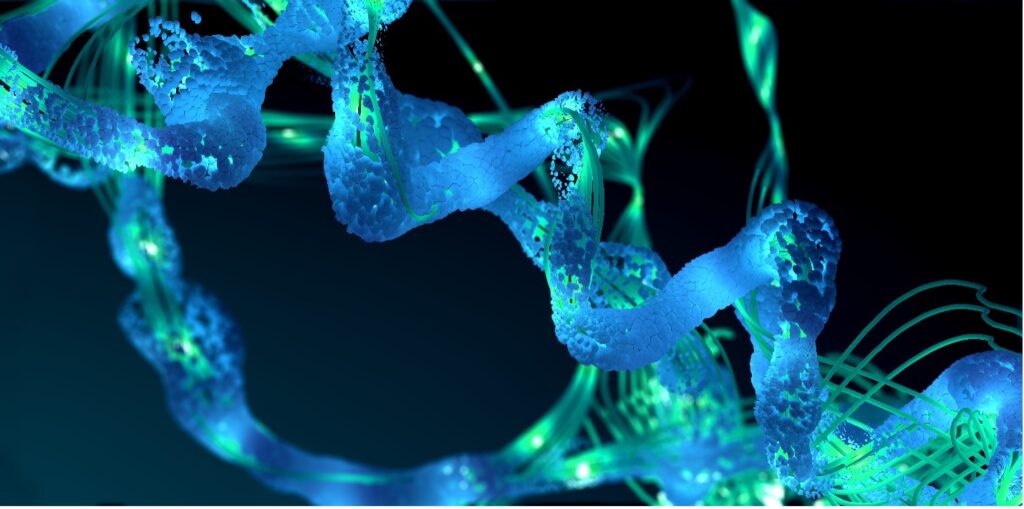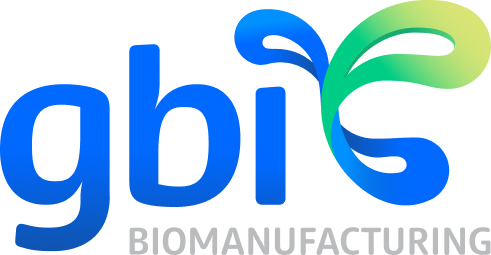Introduction
Any biopharmaceutical Contract Development and Manufacturing Organization (CDMO) ecosystem requires a comprehensive and technically robust methodology to risk mitigation while manufacturing the drug product which includes analytical methodologies, production process parameters, and critical quality attributes for the small and large molecule manufacturers. Appropriate strategies need to be developed in each of these key areas that often require modification of traditional approaches to mitigating both visible and hidden risks in different molecules such as monoclonal antibodies (mAb), fusion proteins, etc. Risk mitigation management is seen in various aspects of a drug life cycle, such as analytical methods, characterization of the molecule, supply chain management and quantitative assessments.

Analytical Method Validation
As a cGMP manufacturer, rigorous method development needs to be followed conforming to the ICH Q2(R1) guidelines for Comprehensive validation parameters such as linearity, accuracy, precision, specificity and other parameters. These parameters are typically tested at Contract Research Organizations (CRO) as well as manufacturing sites depending on analytical capabilities. At GBI Biomanufacturing, we have capabilities to run High Performance Liquid Chromatography (HPLC), Enzyme Linked Immunosorbent Assay (ELISA) as well as capillary (iCE) based methods that are commonly employed for mAb projects.
Molecular Characterization and Formulation Risk Analysis
Technical risk mitigation begins at the molecular level, involving comprehensive molecular profiling through mass spectrometry, X ray crystallography, etc. Thermal analytical techniques can also be employed for stability assessment. A biopharmaceuticals CDMO often offer advanced formulation development strategies by using computational modeling of drug-excipient interactions as well as molecular dynamics simulations to predict potential stability challenges of the molecule in its final formulation stage. Predictive solubility and permeability algorithms are used based on the need. Statistical design of experiments (DoE) for optimal formulation development is often deployed in the wet lab setting to confirm the Critical Quality Attributes (CQAs) for the appropriate molecules. Some of the characterization strategies are confined to the regime of process monitoring, Statistical Process Controls (SPCs) while keeping within the confines of regulatory compliance.

Process Analytical Advanced Monitoring
Implementing sophisticated monitoring systems is crucial for real-time risk mitigation such as spectroscopic inline monitoring, Raman spectroscopy for continuous chemical composition analysis and near-infrared (NIR) spectroscopy for real-time blend uniformity assessment. Acoustic pyrometry for temperature-sensitive process monitoring can be used when dealing with molecules with a relatively short life span.
Statistical Process Control
Statistical process controls are used when working with complex and dynamic processes which often leads to multivariate statistical process control models. Commonly used strategies include machine learning algorithms for predictive process anomaly detection, comprehensive data integration from multiple sensor streams with normalization of data, Bayesian network modeling for probabilistic risk assessment.

Regulatory Compliance and Technical Validation
For the US CDMO companies, technical compliance goes beyond good documentation practices & data integrity. Electronic documentation systems are deployed with advanced audit trails to manage Quality management systems (QMS). Using predictive compliance analytics, the QMS can also be utilized for facility and equipment controls in addition to process records.
Supply Chain Technical Risk Mitigation
A technically sophisticated approach to supply chain management in a CDMO for biotech is much needed since the disruption of global supply chain systems since the 2020 pandemic. Certain material characterization protocols need to be implemented in the biotech space. A comprehensive raw material screening is often used such as Elemental impurity analysis (ICP-MS) and Infrared radioscopy (FTIR) to identify the starting raw materials. Microbial and endotoxin testing is also tested on solutions and intermediate buffers for safety testing.
In addition to testing requirements by the Food and Drug Administration (FDA), the drugs are typically managed using certain handling requirements based on the stability of the components. While stationary conditions are met at the manufacturer using qualified cold chain storage equipment, the transporting of these drug require validated shippers and appropriate logistics to reach the site of interest with the use of temperature loggers during the transit. Third party providers are often partnered for these purposes.

Quantitative Risk Assessment
A systematic, data-driven approach to risk quantification includes Failure Mode and Effects Analysis (FMEA), probabilistic risk assessment models as well as standard statistical methodologies are applied to ensure the areas of uncertainty are identified. The costs also need to be assessed along with probability-based scoring of these risks. Decision trees are some of the more common industry wide approaches that help improve informed business decision making for risk management for each molecule.
Conclusion: A Convergence in Risk Mitigation in CDMO
The future of a biotech CDMO lies at the intersection of advanced analytics, sophisticated technologies, and predictive risk management strategies. Any US CDMO that can seamlessly integrate these technical capabilities are pivotal in transforming drug development and manufacturing paradigms.
By leveraging computational power, advanced analytical techniques, and comprehensive risk assessment frameworks, a modern full service CDMO is not just mitigating risks but proactively engineering robust, reliable pharmaceutical manufacturing ecosystems.
Contact GBI Biomanufacturing Today about Your Clinical & Commercial Manufacturing Needs!

Aditya Gupta, M.S. Bioinformatics is a Process Engineer at GBI. He has over 4 years of experience in biotechnology for biotech manufacturing, process improvements, project management and statistical/artificial intelligence architectures. Aditya is also involved in CDMO project management activities such as project initiation, tracking, project planning, and providing technical support throughout the lifecycle of the drug product.
